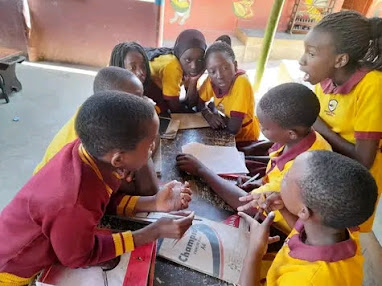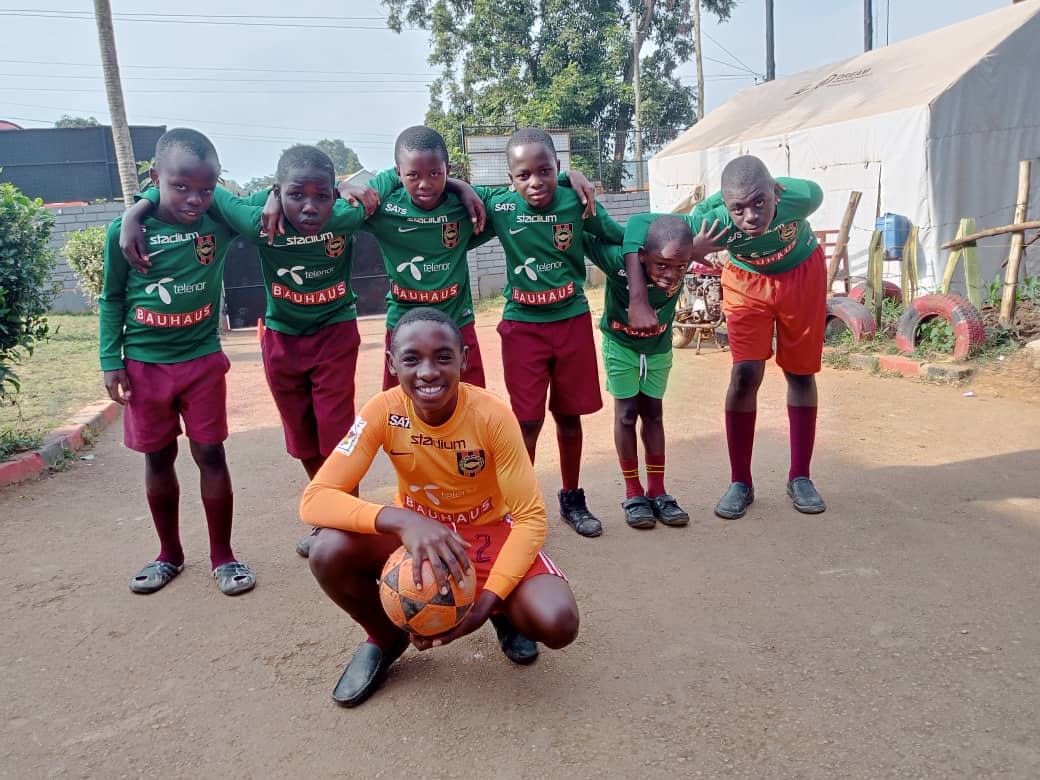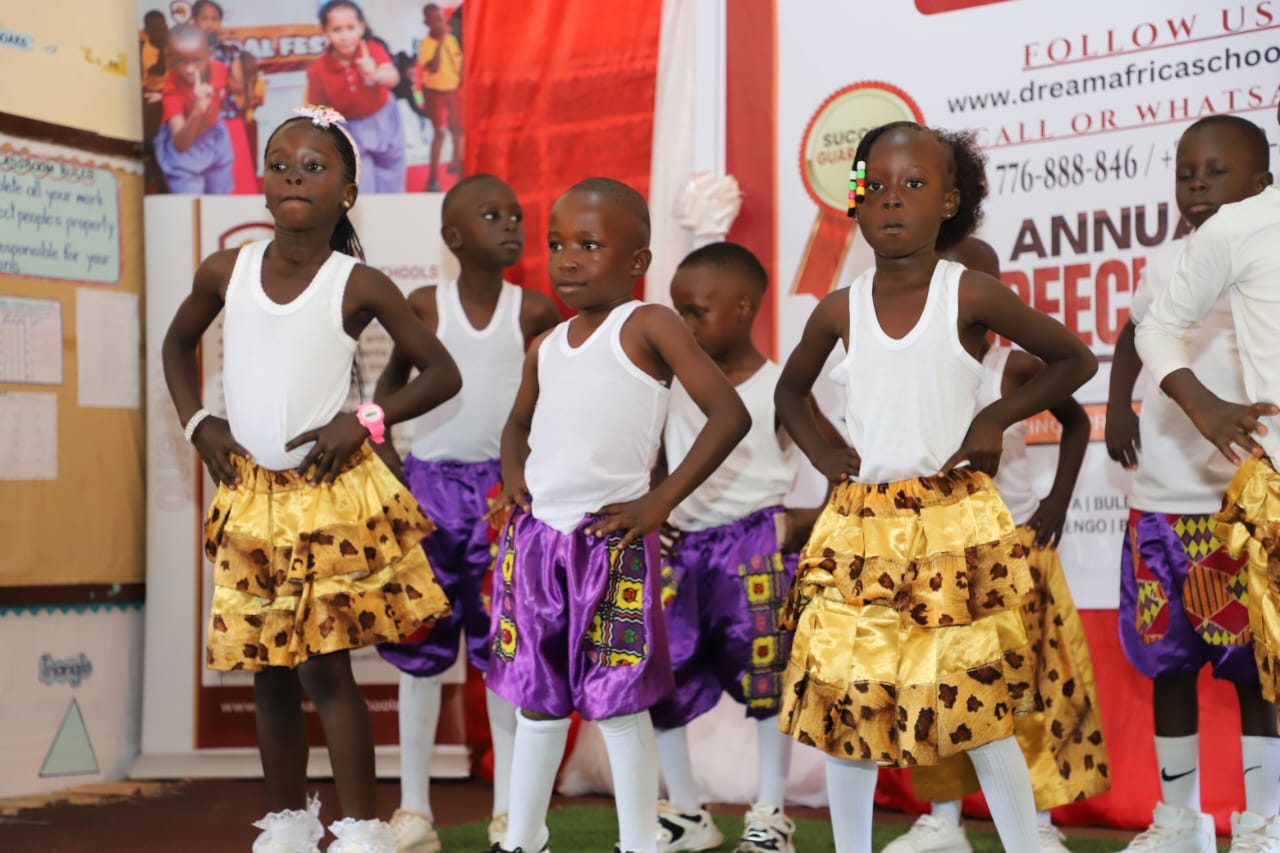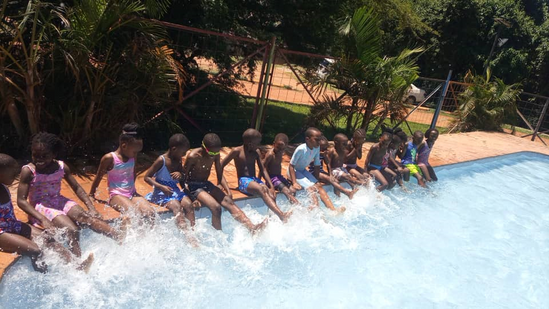DREAM AFRICA SCHOOLS
Co-curricular Activities
These include games, sports, assemblies and any other activities handled that are not academic.
DEBATE
Debate enhances critical thinking skills of students by encouraging them to analyze arguments, evaluate evidence, and form logical conclusions. Through debate, students develop their communication skills, as they learn to articulate their thoughts clearly and persuasively. It also expands their knowledge base and research skills, as they delve into various topics and conduct in-depth research to support their arguments. Moreover, participating in debates boosts students' confidence, as they learn to defend their viewpoints and engage in intellectual discourse.


SPORTS
Physical Education provision at Dream Schools, harness a ‘sporting culture where
children enjoy a wide variety of opportunities to take part in clubs and competitions
applying the skills taught in their PE lessons.
During lessons we ensure our children are offered a broad range of physical activates
to develop key competencies such as running, football, basket ball, swimming, whilst
ensuring children are physical active and participating for sustained periods of time.
This also helps in developing evaluating skills and improve teamwork skills.
Additionally, it encourages children to engage in competitive sports and activates, both inside and outside of school and to live healthy, active lives.
MDD
CAPE us an acronym of Creative Arts and
Physical Education.
CAPE 1 is Music, Dance
and Drama, Story telling and Poetry CAPE 2 us Art and Technology where children do art work such as drawing, designing, tailoring, wood work and CAPE 3 is Physical Education
for fitness.


SWIMMING
Swimming stimulates young children’s senses and is thought to improve brain and emotional development. As babies develop mobility functions and breathing becomes deeper, they are encouraged to make sound. This improves communication and aids in language and speech development. Swimming also supports a child’s mind/body connection as studies have shown that during exercise a child’s mind is simulated, promoting further brain development and intelligence.
DREAM AFRICA SCHOOLS is proudly powered by WordPress